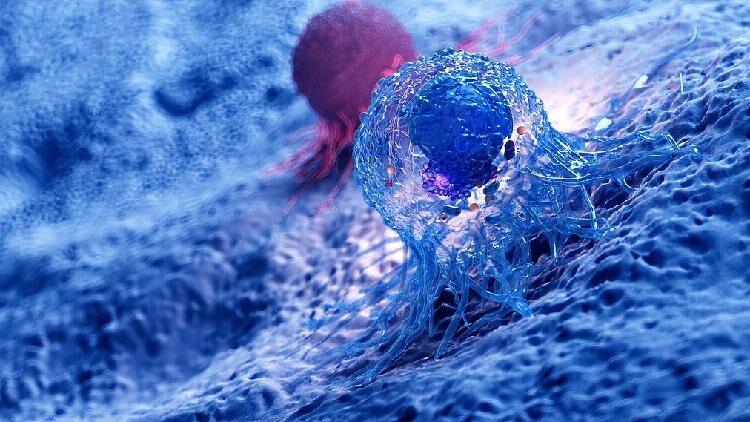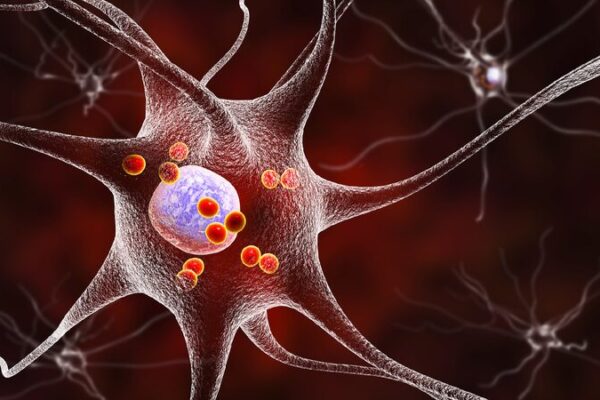Israeli scientists have made a groundbreaking discovery that could change our understanding of cancer recurrence. Researchers at the Weizmann Institute of Science have uncovered how breast cancer cells can lie dormant for years before suddenly reawakening and spreading aggressively.
Their findings, published in the journal Science Signaling, shed light on the mysterious behavior of cancer cells and may pave the way for treatments that prevent cancer from returning after years of remission.
The Sleep Mode of Cancer Cells
Normally, cells in healthy breast tissue shift between an early, fast-growing stage and a mature, stable one. The research team discovered that breast cancer cells exploit this natural process to enter a “sleep mode.” By mimicking this transition, the cancer cells stop dividing and evade detection by the body’s defenses.
The Role of OVOL Proteins
Central to this process are proteins known as OVOL. These proteins help cells mature and stabilize. The scientists increased OVOL levels in triple-negative breast cancer cells—a particularly aggressive type of breast cancer. This intervention halted the cells’ division and pushed them into dormancy.
In experiments with mice, boosting OVOL levels not only slowed tumor growth but also demonstrated how manipulating these proteins could control cancer cell behavior.
When Dormant Cells Reawaken
However, the study found that while OVOL proteins suppress cancer in the short term, they may also help it survive in the long run. When OVOL levels decrease—such as through hormonal changes like lower estrogen levels—the dormant cancer cells can “wake up.” Once reactivated, these cells often become more aggressive and harder to treat.
The researchers also discovered that dormant cancer cells accumulate unstable molecules called free radicals. These molecules damage DNA and overwhelm the cells’ repair systems, which could explain why the cancer becomes more dangerous after reawakening.
Hope for Preventing Cancer Recurrence
Understanding how cancer cells enter and exit dormancy is crucial for developing strategies to prevent cancer from returning. This study suggests that targeting the mechanisms controlling this sleep mode could lead to new therapies that keep cancer cells dormant indefinitely.
The researchers are hopeful that their findings will inspire innovative treatments not only for breast cancer but for various other types as well, potentially improving long-term outcomes for patients worldwide.
Reference(s):
cgtn.com








